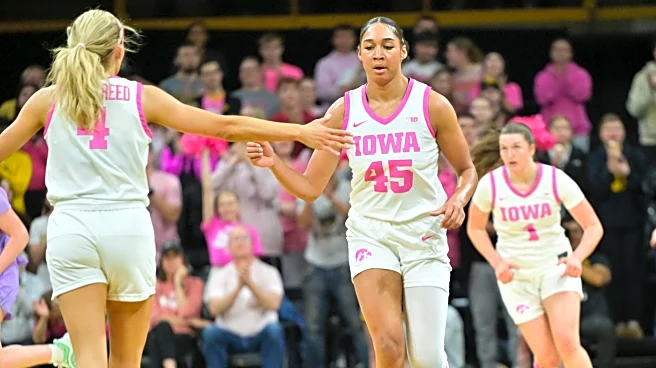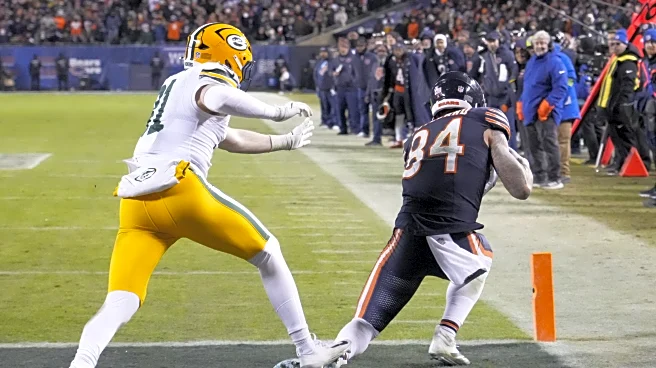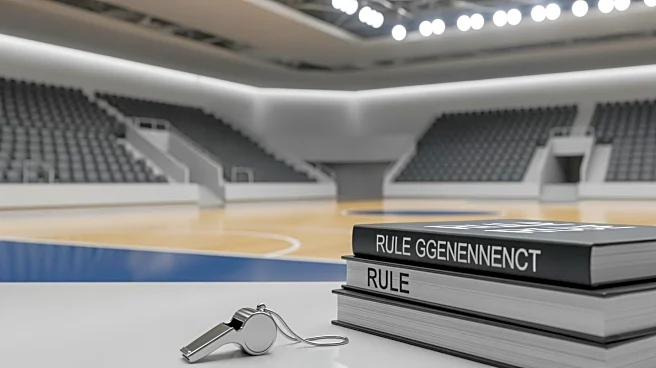What's Happening?
Comedian Nate Bargatze recently discussed the fallout from his controversial bit at the 2025 Emmys, where he suggested deducting money from the Boys & Girls Clubs of America if acceptance speeches exceeded 45 seconds. Bargatze clarified on his Nateland podcast that the idea was meant to be a fun way to encourage shorter speeches, not to pressure anyone into donating money. He explained that he initially thought major companies like Netflix or Apple would contribute, rather than himself. Despite the confusion and criticism, Bargatze ended up donating $250,000 of his own money to the charity. He expressed that the intention was to create a night of giving and positivity, although the execution did not go as planned.
Why It's Important?
The incident highlights the complexities of live television and the potential for miscommunication in high-profile events. Bargatze's bit, while intended to be lighthearted, drew criticism for overshadowing the winners' moments and setting a negative tone. This situation underscores the importance of clear communication and planning in event hosting, especially when involving charitable elements. The backlash also reflects broader societal expectations for award shows to celebrate achievements without detracting from the honorees' experiences. Bargatze's personal donation, while generous, points to the challenges celebrities face when their intentions are misunderstood.
What's Next?
Bargatze's experience may lead to changes in how award shows incorporate charitable elements in the future, ensuring clearer guidelines and expectations. Event organizers might reconsider the balance between entertainment and the celebration of achievements to avoid similar controversies. Stakeholders, including networks and production teams, may engage in discussions to refine the format of acceptance speeches and the integration of charitable initiatives. Bargatze's reflections could also influence his future hosting strategies, prioritizing clarity and audience reception.
Beyond the Headlines
The incident raises ethical questions about the use of charity in entertainment contexts. It prompts a discussion on the responsibilities of public figures when leveraging their platforms for philanthropic purposes. The backlash suggests a need for sensitivity in how charitable acts are presented, ensuring they enhance rather than detract from the event's primary focus. This situation may encourage celebrities and event planners to consider the broader implications of their actions on public perception and the causes they support.










